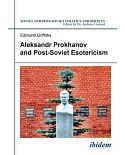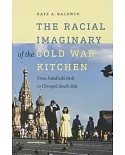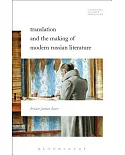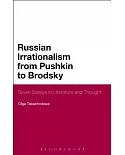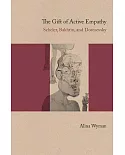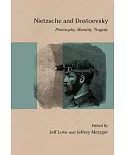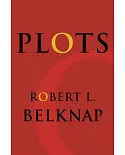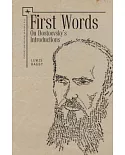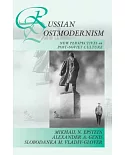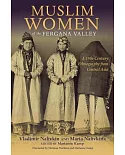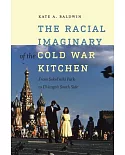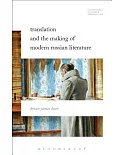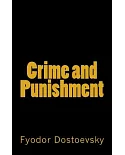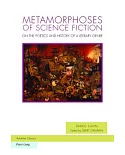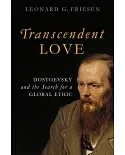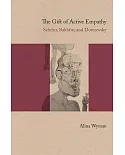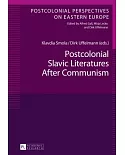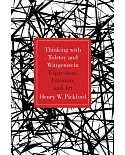The first generation of Russian modernists experienced a profound sense of anxiety. What made them unique was their utopian prescription for overcoming the inevitability of decline and
death. They theorized their defiance of death by suggesting the immortalization of the body through the power of erotic love. Matich suggests that same-sex desire underlay their most
radical utopian proposal of abolishing the traditional procreative family in favor of erotically induced abstinence. She shows how a brilliant group of Russian writers—among them the late
Tolstoy, Vladimir Solov’ev, Zinaida Gippius, Alexander Blok, and Vasilii Razanov—addressed the pressing concerns of a culture in transition, ranging from physical and psychological health,
marriage, sexuality, and gender to anti-Semitism and the meaning of history.
“Richly illustrated and thought provoking, this book resembles no other.”—Choice
“Offers a fresh perspective and a wealth of new information on early Russian modernism. . . . It is required reading for anyone interested in fin-de-si癡cle Russia and in the history of
sexuality in general.”—Bernice Glatzer Rosenthal, Slavic and East European Journal
“Thoroughly entertaining.”—Avril Pyman, Slavic Review


